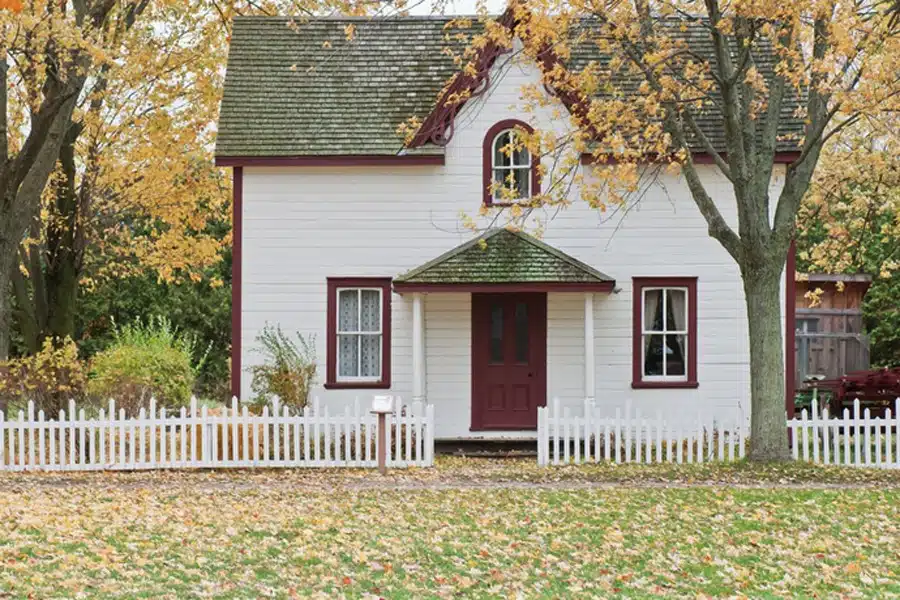Premises liability refers to the legal responsibility of property owners to maintain a safe environment for visitors and guests. When accidents or injuries occur on someone else’s property due to negligence or unsafe conditions, the property owner may be held liable. In this blog post, we will explore the concept of premises liability and help you understand the responsibilities and duties of property owners in ensuring the safety of their premises.
1. What is Premises Liability?
Premises liability is a legal concept that holds property owners accountable for injuries that occur on their premises. Property owners have a duty to exercise reasonable care to prevent foreseeable harm to individuals on their property. This duty extends to both invitees (such as customers or guests) and, in some cases, even trespassers.
2. Common Examples of Premises Liability Cases:
Premises liability cases can arise from various situations, including slip and fall accidents, inadequate security leading to assaults or robberies, dog bites, negligent maintenance of premises, hazardous conditions, and more. Property owners must take reasonable steps to identify and address potential hazards on their premises.
3. Property Owner’s Responsibilities:
Property owners have several responsibilities to maintain a safe environment for visitors. These include:
a. Regular Inspections: Property owners should regularly inspect their premises to identify any potential hazards or dangerous conditions.
b. Maintenance and Repairs: Property owners are responsible for promptly repairing or addressing any hazardous conditions, such as broken stairs, uneven walkways, or malfunctioning equipment.
c. Warning Signs: When a hazardous condition cannot be immediately remedied, property owners should provide clear and visible warning signs to alert visitors of potential risks.
d. Security Measures: Depending on the nature of the property, property owners may be required to implement reasonable security measures to protect visitors from criminal activities, such as proper lighting, surveillance systems, or security personnel.
4. Visitor Classification:
Visitors are generally categorized into three types: invitees, licensees, and trespassers. The duty owed by the property owner varies depending on the visitor’s classification. Invitees, who enter the premises for the owner’s benefit, are owed the highest duty of care. Licensees, such as social guests, are owed a slightly lower duty of care. Trespassers are individuals who enter the property without permission, and the property owner’s duty toward them is limited, except in certain circumstances.
5. Proving Liability:
To establish a premises liability claim, the injured party must demonstrate the following elements:
a. The property owner owed a duty of care to the injured person.
b. The property owner breached that duty by failing to maintain a safe environment or failing to warn of potential dangers.
c. The breach of duty directly caused the injuries or damages suffered by the injured person.
d. The injured person incurred damages as a result of the accident or incident.
6. Seeking Legal Representation:
If you have been injured on someone else’s property due to negligence, it’s crucial to consult with a knowledgeable personal injury attorney who specializes in premises liability cases. An attorney can evaluate the circumstances of your accident, gather evidence, negotiate with insurance companies, and advocate for your rights, ensuring you receive fair compensation for your injuries and losses.
Conclusion:
Understanding the responsibilities and duties of property owners in premises liability cases is essential for protecting your rights as a visitor or guest. Property owners have a legal obligation to maintain a safe environment and address potential hazards. If you have suffered an injury on someone else’s property due to their negligence, seek legal representation to navigate the premises liability claims process effectively. Remember, a skilled personal injury attorney can provide invaluable guidance and help you secure the compensation you deserve for your injuries and damages.

